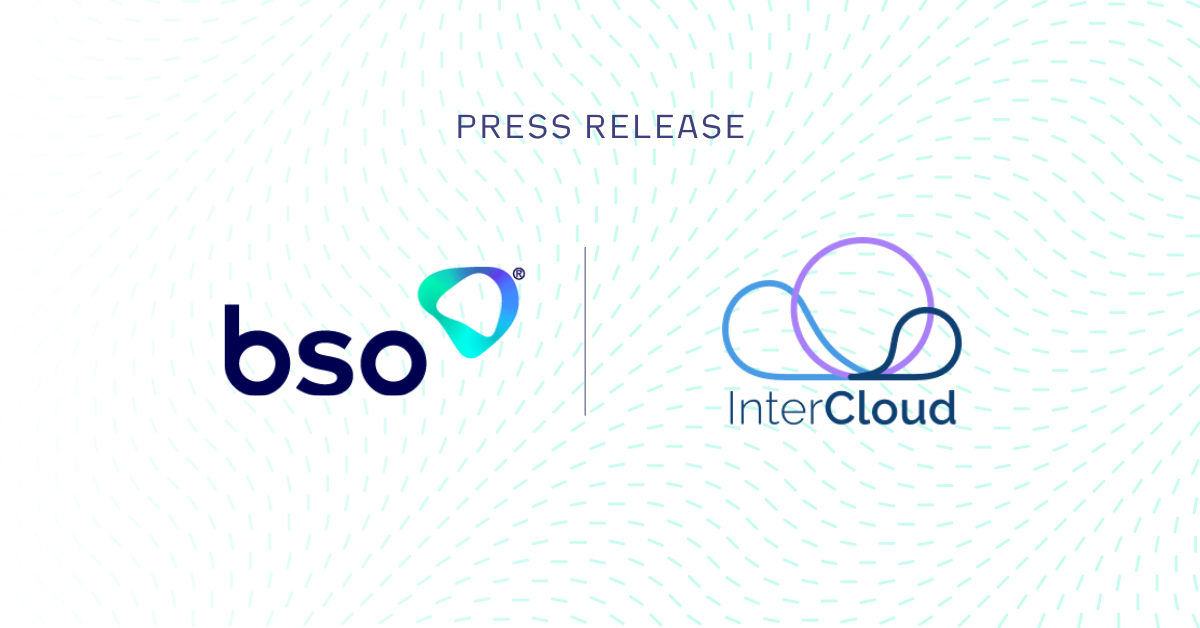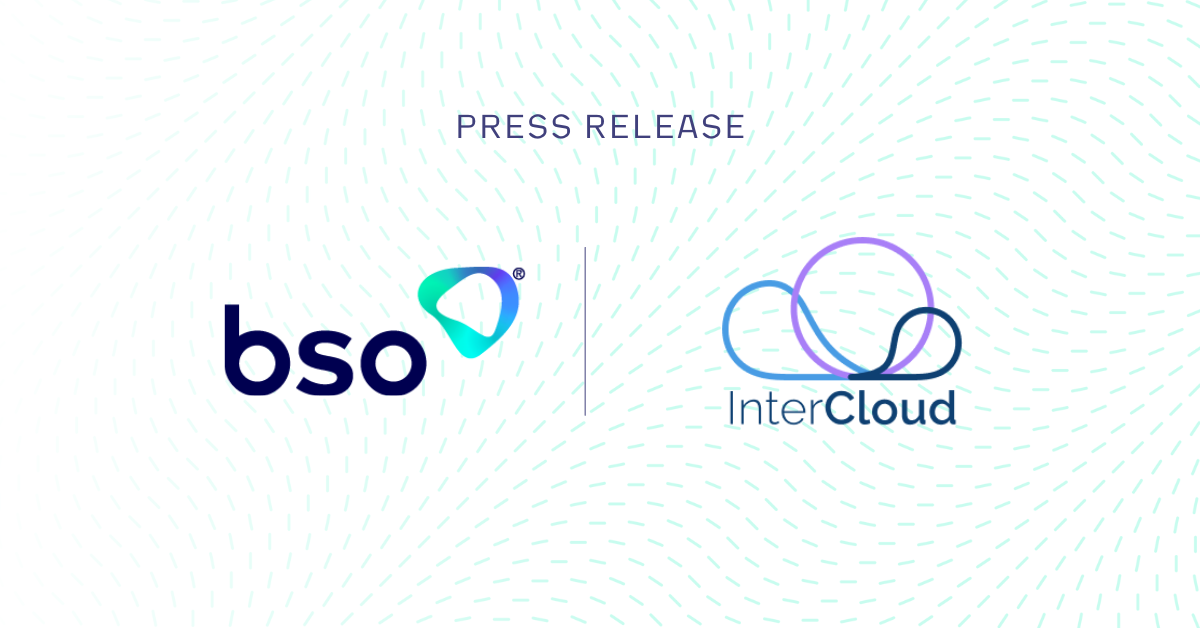
In a region heavily dependent upon oil, news of oil price increases have significantly benefited the United Arab Emirates, along with a notable increase in manufacturing activity.
Coupled with the UAE’s status as a growing trade and tourism hotspot — it’s home to the world’s third busiest airport and ninth busiest container port — a 3.3% economic growth rate is expected through 2018.
Trade in the UAE
Commodity trading — particularly through the Dubai Gold & Commodities Exchange (DGCX) — ranks as one of the most common activities for financial services in the UAE.
Did you know, Dubai is set to become the world’s first blockchain city?
Of the seven emirates, Dubai especially is of particular interest to the global financial services sector, offering both a thriving Takaful (Islamic insurance) market, as well as a strong Sukuk (Islamic bonds) market. Sukuk trading has already exceeded $49 billion on the London Stock Exchange.
Additionally, the Dubai International Finance Centre (DIFC) and the Abu Dhabi Global Market (ADGM) both offer numerous opportunities, particularly in relation to private banking and asset management.
However, trading in the UAE is not entirely problem-free. In fact, in 2016, the UAE stock market hit the headlines for notably low trade volumes. On the Dubai Financial Market (DFM), volumes dropped by 60.3% within a 2 year period, and by 58.3% on the Abu Dhabi Securities Exchange (ADX). Overall, it was estimated that up to 20% of brokerage companies would be forced to suspend activity. The reason? Economic volatility.
Despite high profile diversification to non-oil commodities in Dubai, the UAE as a whole is still heavily dependent upon oil as a major contributing factor to economic growth. While oil prices appear to have improved and stabilised, volatility in this particular area remains an issue.
A Connected UAE
This volatility highlights the need for low latency connectivity, to ensure international financial services can trade at the most beneficial times.
This is especially true in what is a highly promising area of growth, but one which still relies heavily upon a single, volatile commodity.
UAE is the only Arab nation to rank on the World Competitiveness leaderboards, rising to 10th place in 2017.
There is also strong evidence of digital transformation in the UAE, not only with their eServices tool, which allows traders to apply for a NIN Investor Number online but also with their DFM trading floor offering pre-opening and closing sessions online. Therefore, for financial services, a real-time, reliable connection has never been more important.
The Future: Vision 2021
Today’s major concerns for the financial services sector look set to be addressed by Vision 2021 — also known as the Dubai Plan 2021 — which aims to see a further diversification of the UAE away from its dependence on oil.
The aim is for the UAE to solidify itself as an economic, commercial, and tourist capital of the world, with a heavy focus on non-oil GDP growth. To date, the plan already appears to be showing signs of success, with the UAE becoming the only Arab nation to rank on the World Competitiveness leaderboards, rising to 10th place in 2017.
Dubai currently offers many opportunities for proprietary traders and high-frequency trading (HFT), and with major ongoing activity within both Dubai and the wider Emirates region, the UAE appears to be a promising area of interest for financial services.
Interested in our services in the UAE?
ABOUT BSO
The company was founded in 2004 and serves the world’s largest financial institutions. BSO is a global pioneering infrastructure and connectivity provider, helping over 600 data-intensive businesses across diverse markets, including financial services, technology, energy, e-commerce, media and others. BSO owns and provides mission-critical infrastructure, including network connectivity, cloud solutions, managed services and hosting, that are specific and dedicated to each customer served.
The company’s network comprises 240+ PoPs across 33 markets, 50+ cloud on-ramps, is integrated with all major public cloud providers and connects to 75+ on-net internet exchanges and 30+ stock exchanges. The team of experts works closely with customers in order to create solutions that meet the detailed and specific needs of their business, providing the latency, resilience and security they need regardless of location.
BSO is headquartered in Ireland, and has 11 offices across the globe, including London, New York, Paris, Dubai, Hong Kong and Singapore. Access our website and find out more information: www.bso.co
SALES ENQUIRY
Get in touch now. Find out how we can transform your business_
You might be interested in_
THE BSO DIFFERENCE
The industries we work across_





/Revolutionising-Connectivity%20BSOs-Tailored-Cloud-Solution-for-CryptoStruct-GmbH.png?width=1050&height=550&name=Revolutionising-Connectivity%20BSOs-Tailored-Cloud-Solution-for-CryptoStruct-GmbH.png)
/6%20Cloud%20Best%20Practices%20for%20Financial%20Technology%20Companies.jpg?width=1200&height=600&name=6%20Cloud%20Best%20Practices%20for%20Financial%20Technology%20Companies.jpg)








